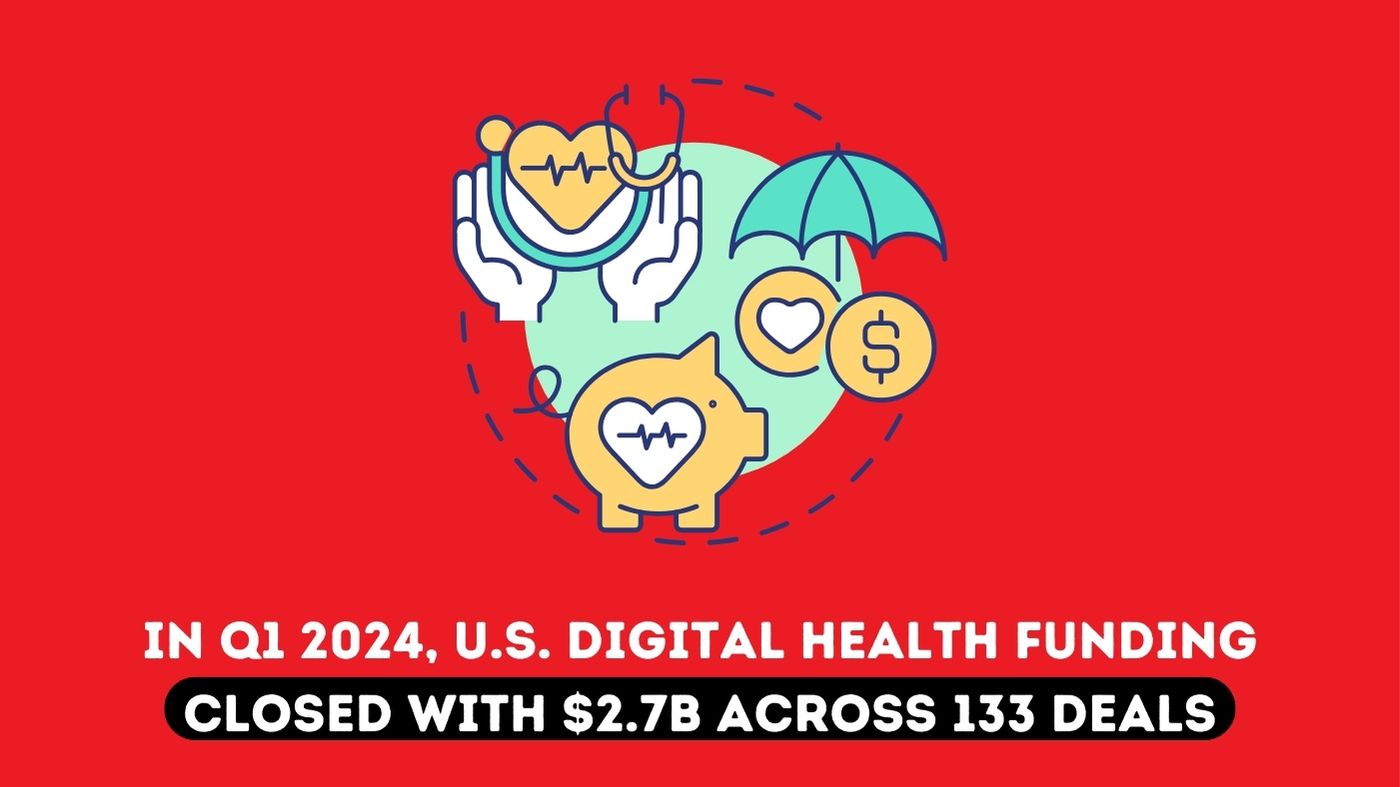
The health sector has always been ripe for innovation, and as we move into 2024, the potential for health startups to grow seems more promising than ever. Advances in technology, increased health awareness among consumers, and significant shifts in healthcare policies are fueling a new wave of opportunities for startups.
In this blog, we’ll explore why health startups are well-positioned for growth in the coming year and how they can capitalize on these emerging trends.
Technological Advancements
One of the most significant drivers of growth for health startups is the rapid advancement in technology. From artificial intelligence (AI) and machine learning to blockchain and big data analytics, these technologies are transforming the healthcare landscape.
AI, for example, is being used to streamline diagnostic processes, personalize patient care, and even manage healthcare records more efficiently. Startups that can leverage these technologies to offer innovative solutions are likely to see substantial growth in 2024.
Increased Demand for Personalized Medicine
There’s a growing trend towards personalized medicine, which tailors medical treatment to individual characteristics of each patient. This shift is driven by the increasing availability of genetic data and a better understanding of how different bodies react differently to treatments.
Health startups that offer personalized healthcare solutions, such as custom treatment plans or personalized nutrition and wellness programs, are expected to be particularly successful.
Expansion of Telemedicine
The COVID-19 pandemic dramatically accelerated the adoption of telemedicine, and this trend is expected to continue growing in 2024. Patients have realized the convenience of receiving medical advice without leaving their homes, and providers appreciate the efficiency improvements.
Health startups that develop and enhance telemedicine platforms, offering services such as virtual consultations, remote patient monitoring, and mobile health applications, have significant growth potential.
Focus on Mental Health
Mental health continues to be a critical area with increasing public awareness and decreasing stigma. Health startups that focus on mental health solutions, including digital therapeutics, online counseling services, and mental health apps, are likely to see a surge in demand. These companies not only help fill an essential gap in healthcare but also appeal to a broader demographic who might not have previously sought mental health care.
Regulatory Environment and Healthcare Policies
The regulatory landscape is also crucial for the growth of health startups. Changes in healthcare policies, such as increased funding for health innovation or more supportive regulations for telehealth, could significantly benefit startups. However, startups must also navigate complex regulatory environments, ensuring compliance with health regulations and patient privacy laws, which can be a substantial barrier to entry.
Market Potential of Niche Health Products
Within the broader health market, niche sectors are emerging as particularly lucrative. For example, the market for Delta 9 Gummies—cannabis-infused edibles known for their precision in THC dosing and potential health benefits like pain relief and anxiety reduction—is expanding. Health startups venturing into the production and distribution of Delta 9 Gummies must navigate regulatory challenges and consumer education but stand to gain from the increasing legalization and acceptance of cannabis products.
Increased Health Spending and Investment
Finally, both public and private investment in health and wellness are increasing. As more investors recognize the potential for significant returns in the health sector, startups are likely to find it easier to secure funding. This financial backing is crucial for research, product development, and market expansion.
Conclusion
The outlook for health startups in 2024 is highly optimistic, with multiple drivers supporting the growth of innovative companies in this space. From the integration of advanced technologies and the push toward personalized medicine to the expansion of telemedicine and the growing focus on mental health and niche markets like Delta 9 Gummies, the opportunities for health startups are vast. Success will depend on a startup’s ability to innovate, adapt to regulatory environments, and meet the evolving needs of the healthcare market.



